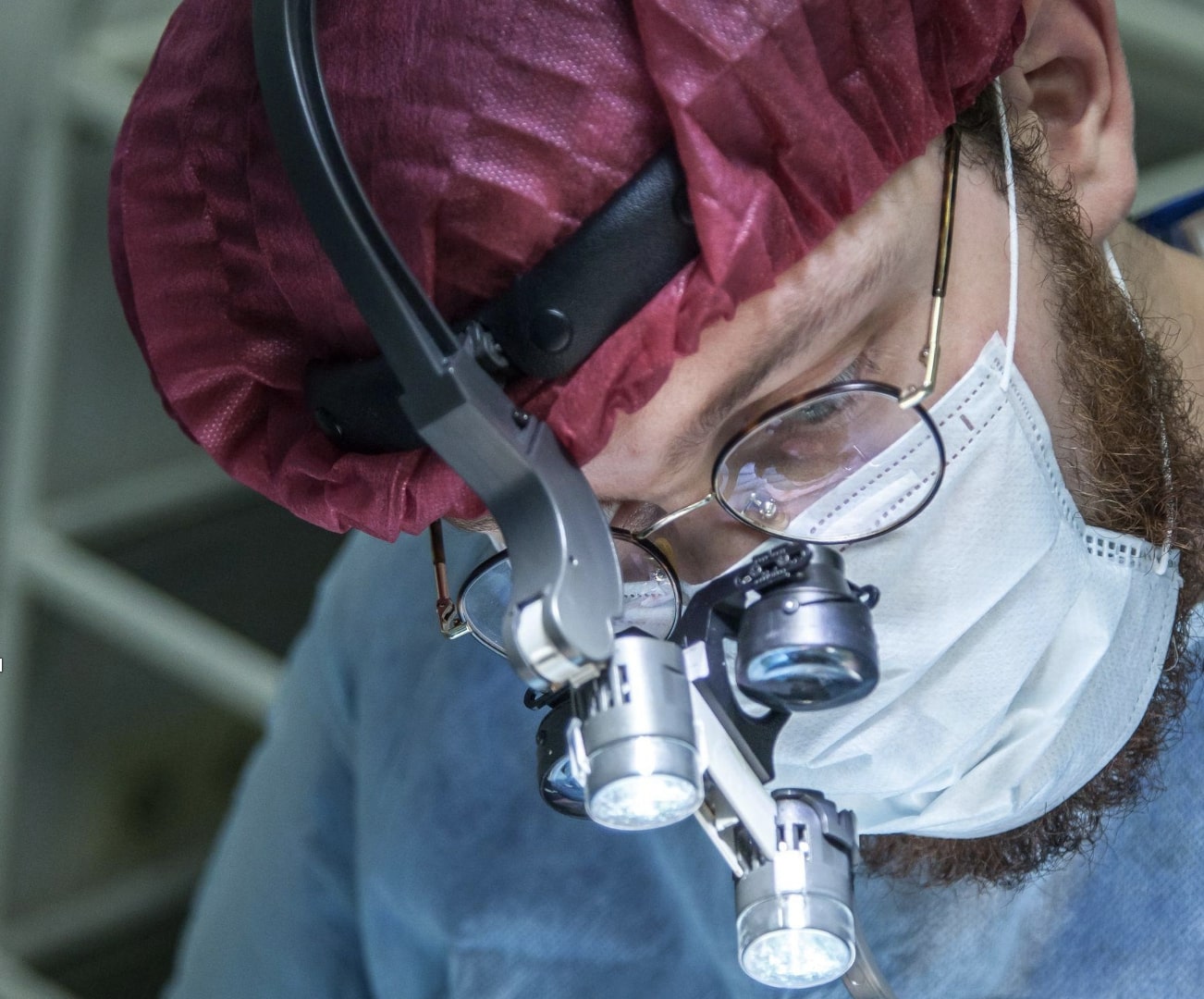The side effects of LASIK surgery
LASIK (laser-assisted in situ keratomileusis) eye surgery is the most widely known and most common laser refractive surgery for vision correction. During a LASIK surgery, the surgeon would use a special type of laser to precisely adjust the curvature of the cornea of your eye (the shape of the dome-shaped clear tissue at the front of your eye) to enhance vision. This article will briefly outline some of the side effects of LASIK surgery.

If you do not have a refractive error, when light enters the eye, the cornea bends or refracts light precisely onto the retina (the light-sensitive tissue at the back of the eye). If you have any refractive error such as myopia (nearsightedness), hypermetropia (farsightedness), astigmatism or presbyopia, the light is bent incorrectly behind or in front of the retina, leading to blurred vision.
While glasses or contact lenses can correct vision, reshaping the cornea itself via LASIK eye surgery can also correct a refractive error, providing clear vision.

Photo taken by Dr Jerry Tan
LASIK surgery may be done for the vision correction of:
Myopia
Myopia (nearsightedness) occurs when your eyeball is slightly longer than normal or when the cornea curvature is steep. Hence light rays focus in front of the retina and blur distant vision. Consequently, you can see objects at near fairly clearly, but objects at a distance are blurry.
Hypermetropia
Hypermetropia (farsightedness) occurs when you have a shorter than average eyeball or a cornea that is too flat. Thus light focuses behind the retina instead of on it. As a result, your near vision becomes blurry.
Astigmatism
Astigmatism occurs when the cornea or lens (responsible for the focusing mechanism of the eye) curves or flattens unevenly, light reaches various points on the retina and disrupts the focus of vision nearby and at a distance.
What are some side effects of LASIK?
Although complications that result in vision loss are relatively uncommon, certain side effects of LASIK eye surgery, such as dry eyes and temporary glares, are fairly prevalent.
Glare, halos and double vision
After your LASIK surgery, you may have challenges with night vision that usually last a few days to a few weeks. Such challenges might include double vision, increased light sensitivity, glare and haloes around bright lights. Moreover, your vision in dim light (such as at dusk or in fog) may be compromised to some degree at least immediately after the surgery.
Dry eyes
After your LASIK surgery, your tear production would temporarily decrease. Your eyes may feel unusually dry as they heal for the first couple of months post-surgery. Your vision quality might be affected by dry eyes. Hence your eye doctor might recommend eye drops for your dry eyes. Severe dry eyes might require you to get special plugs placed in your tear ducts to stop your tears from draining away from the surface of your eyes.
Undercorrection or overcorrection
If your LASIK surgeon removes too little or too much tissue from your eye, you would not get your desired visual outcome. A subsequent enhancement procedure might be required to remove more tissue and correct the residual refractive error.
Astigmatism
Astigmatism can be induced by uneven tissue removal during LASIK surgery. Additional surgery, glasses or contact lenses might be needed if you have astigmatism as a side effect of the performed LASIK procedure.
Flap problems
Complications like excess tears and infection might arise when your LASIK doctor folds back or removes the flap from the front of your eye during surgery. As a result, the outermost corneal tissue layer may develop abnormally underneath the flap as you heal.
Regression
Regression happens when your vision slowly changes back toward your original prescription despite LASIK.
Vision loss or changes
Fortunately, surgical complications rarely result in loss of vision.
Conditions that increase vulnerability to LASIK side effects
Certain health conditions can increase the risks associated with LASIK surgery or make you more prone to its side effects.
Laser refractive surgery might not be for you if you have certain conditions such as:
- Autoimmune disorders
- A compromised immune system caused by immunosuppressive medications or HIV
- Chronic dry eyes
- Recent vision changes due to age, medications, hormonal changes, pregnancy, breast-feeding
- Corneal inflammation, lid disorders, eye injuries or eye diseases
- An eye disease (or a family history of it) that results in the cornea being too thin and bulging
- Have severe nearsightedness
- Have very large pupils or thin corneas
- Engage in contact sports that put you at risk to blows to the face
Your eye doctor will talk with you about whether LASIK surgery or another similar refractive procedure is suitable for you. Talk to your doctor about your questions and concerns about LASIK. Your doctor will evaluate whether you are a good candidate for the procedure or other similar procedures. One key to a successful diagnosis is finding an experienced doctor.
Furthermore, ask friends and family who have had LASIK for a recommendation, or check with your respective countries’ list of eye care practitioners and their respective specialties for an experienced doctor to consult with.
References
Mayoclinic.org. 2021. LASIK eye surgery – Mayo Clinic. [online] Available at: <https://www.mayoclinic.org/tests-procedures/lasik-eye-surgery/about/pac-20384774> [Accessed 23 November 2021].
Tools Designed for Healthier Eyes
Explore our specifically designed products and services backed by eye health professionals to help keep your children safe online and their eyes healthy.
